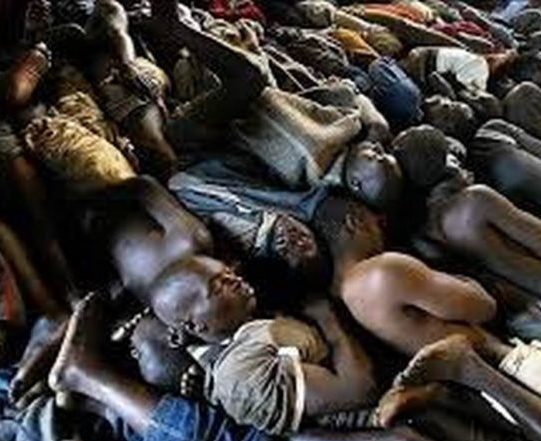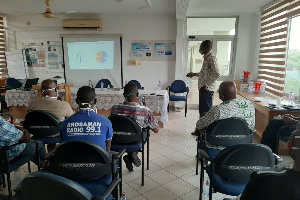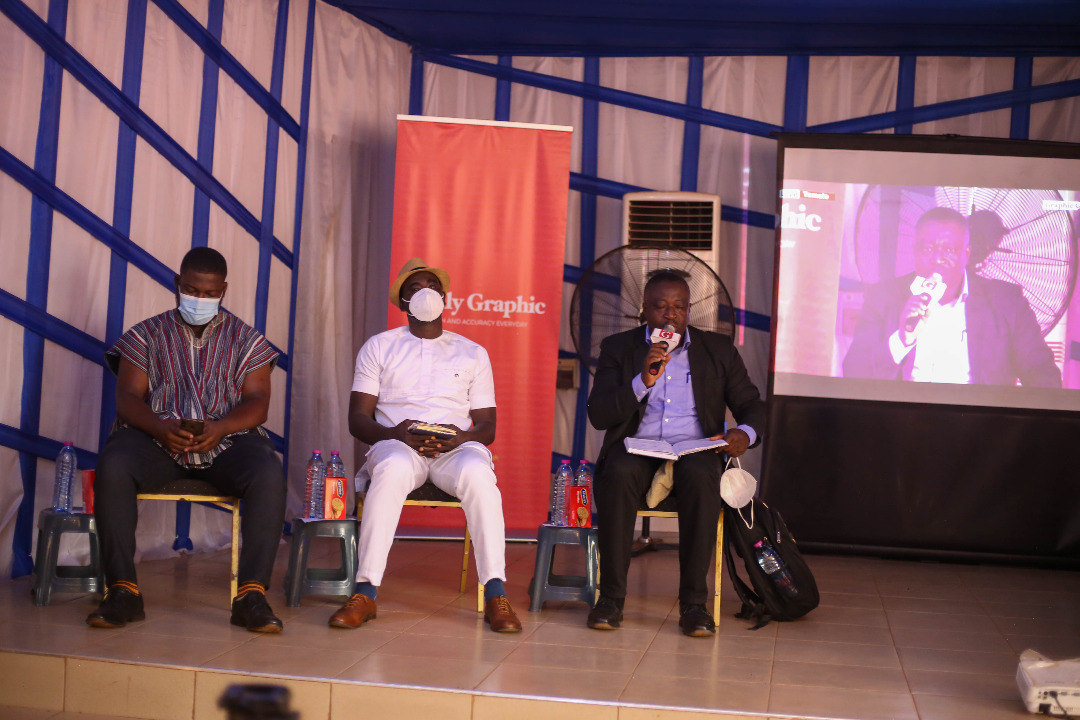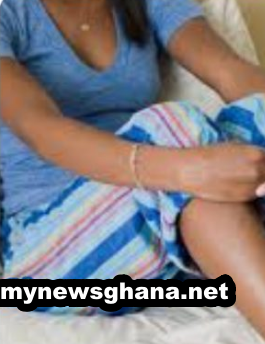The Ghanaian girl who presented a bouquet to Queen Elizabeth II in 1961
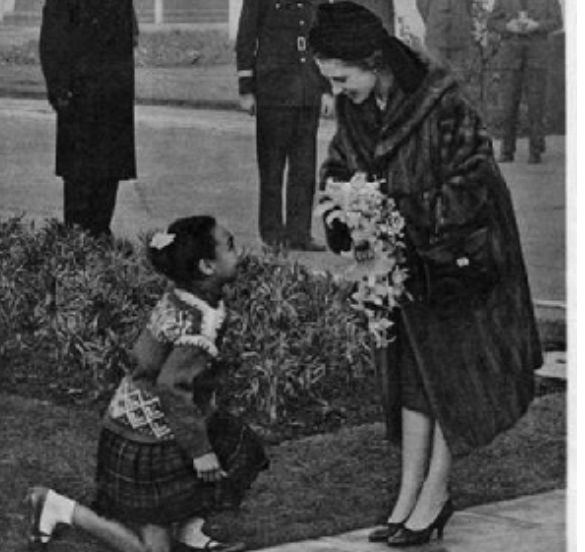
Pearl Acquaye, who little is known of now, is captured in videos and photos presenting a bouquet to the young queen as she made her way to her aircraft, en route to Ghana.
In a caption shared under one of such photos by The Illustrated London News but shared by bridgemanimages.com, it said:
“The Queen receives a bouquet of flowers from a Ghanaian girl, Pearl Acquaye, at London airport, just before the Queen and Duke of Edinburgh flew to Ghana for the first stage of their West African visits.”
Earlier, Ghana reported on how and why the queen had to make that crucial trip to Ghana in 1961 and all the other factors that might have stopped that trip; the first of two she has made to this West African country.
Read it below:
Queen Elizabeth II has just made history as the only British monarch to be celebrating a platinum jubilee (70 years) on the throne.
With that has come many interesting stories about the long, impactful life of the monarch who turned 96 years in April 2022.
And with Ghana being one of Britain’s most prominent former colonies, it is no wonder the Queen has visited the West African country twice in her lifetime: 1961 and 1999 under Kwame Nkrumah and Jerry John Rawlings respectively.
But there are even more intriguing stories around the reasons Queen Elizabeth II made that first trip to Ghana in 1961 at all cost.
According to the report, there were two principal reasons: the first was to stop Ghana from leaving the commonwealth, and secondly, to eschew the notion of racism particularly because America in 1961 was still denying Black people the right to vote.
When the 35-year-old Queen Elizabeth II touched down in Ghana, she did something that was quite symbolic to the agenda with which she came to the country: the queen danced with Kwame Nkrumah, the newsweek.com indicates.
“In 1961, at the height of the Cold War, Britain and America feared Ghana would leave the Commonwealth and fall under the influence of the Soviet Union, U.K. newspaper The Times reported.
“Up stepped the queen, then 35, on a mission to persuade President Kwame Nkrumah not to leave the partnership of nations she cherished.
“During a visit to capital city Accra, the queen was photographed dancing happily with the Ghanaian leader at a time when black people in America were still denied the right to vote,” the report said.
Bomb scare ahead of Queen Elizabeth’s visit
A report by biography.com said that before the Queen left on the trip, there was great worry among the Members of Parliament and the general public because of rising tensions in Ghana.
More so, they were wary of the visit becoming too dangerous and so on October 19, 1961, Winston Churchill expressed the same sentiments when he wrote to Prime Minister Harold Macmillan, saying in part: “I have the impression that there is widespread uneasiness both over the physical safety of the Queen and, perhaps more, because her visit would seem to endorse a regime which has imprisoned hundreds of Opposition members without trial and which is thoroughly authoritarian in tendency.”
To aid growing tensions, five days before Elizabeth’s trip was to begin, bombs went off in the capital city of Accra, where a statue of Kwame Nkrumah was hit, making it clear that the president was a target.
Concerns about the Queen possibly becoming collateral damage while with him were heightened.
Queen Elizabeth didn’t want to embarass Ghana
Bent on making the trip to Ghana, Queen Elizabeth II was not disturbed by the bombings. This was also because she was reluctant to reschedule her trip to the country for the second time since she had already cancelled on Nkrumah in 1959 when she became pregnant.
The Queen was equally getting concerned about the closeness of Nkrumah to the Soviet Union and her fears that the country could deflect to it made her more determined to come to Ghana.
Besides, as head of the Commonwealth, the Queen didn’t want to insult or embarrass Ghana by postponing the visit, which could push Nkrumah into leaving the group altogether.
“How silly I should look if I was scared to visit Ghana and then [Soviet leader Nikita] Khrushchev went and had a good reception,” the Queen is quoted to have said, expressing her feeling of competitiveness in the matter.
To further convince her people that her trip to Ghana was important, Queen Elizabeth also told her prime minister, “I am not a film star. I am the head of the Commonwealth — and I am paid to face any risks that may be involved. Nor do I say this lightly. Do not forget that I have three children.”

